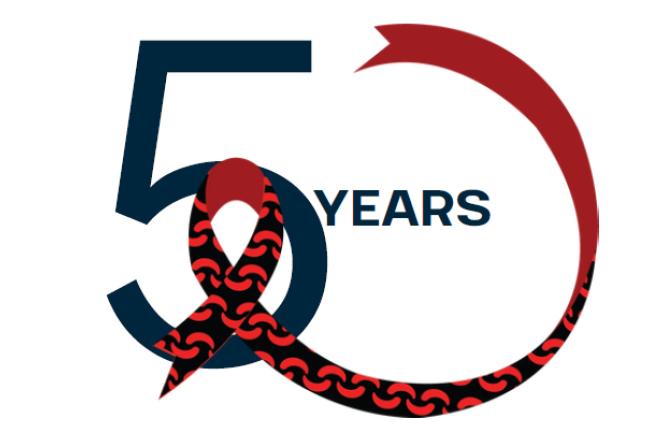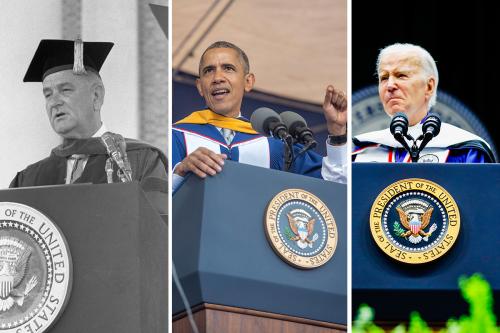WASHINGTON – The Howard University Center for Sickle Cell Disease celebrates its 50th anniversary with a symposium focused on the history of the landmark institution on Friday, June 17. The event coincides with World Sickle Cell Awareness Day, which will be commemorated on Sunday, June 19.
All former directors of the center, except founder Dr. Roland B. Scott, will be featured throughout the event. Each will give remarks with memories of their directorship and their experiences here at Howard University providing care for patients and advancing research into sickle cell disease, the most frequent rare genetic disease, which mostly affects people of African descent.
The former directors participating in this event, sponsored by Vertex Pharmaceuticals, are Dr. Oswaldo Castro (1990-2006), Dr. Victor Gordeuk (2006 to 2011), Dr. Patricia Oneal and Dr. Sergei Nekhai, interim co-directors from 2011 to 2016, as well as Dr. James Taylor VI, who has served as the director of the center since 2017. The online symposium will also feature Howard University President Wayne A. I. Frederick, M.D., and Hugh Mighty, M.D., senior vice president of health affairs at Howard University. DC Health Director Dr. LaQuandra S. Nesbitt will read a proclamation from D.C. Mayor Muriel Bowser in honor of the 50th anniversary of the center’s existence.
Sickle cell disease primarily affects African Americans. It leads to anemia, pain crisis, strokes and other problems. The Center for Sickle Cell Disease, the Howard University College of Medicine, and Howard University Hospital, have long served as major international centers for medical care, research, and other resources for people with sickle cell disease. The Center for Sickle Cell Disease has participated in every major clinical trial that has led to FDA-approved medications for sickle cell disease treatment.
“The biggest difference between today and 50 years ago from a patient perspective is hope. In 1972, we did not know how long people with sickle cell disease lived, and many were told that they would not live beyond childhood,” Dr. Taylor said. “Today, a child born with sickle cell disease has somewhere around a 99% chance of living to adulthood. And, we have seen innovation in ways to prevent severe childhood SCD complications like severe infections and strokes.”
“With the help of Howard researchers, patients now have five different ways to treat all forms of sickle cell disease, while we had no treatments in 1972,” Dr. Taylor added. Over the past five years, the Center for Sickle Disease has received two major grant funding and has participated in a number of industry-sponsored clinical trials. The center is presently focusing on the role of the sickle cell mutation as a resistance factor for infectious diseases such as HIV infection.
Another line of research is focused on patients here at Howard University Hospital with the aim of understanding complications of the disease. In addition, the center has received a Center of Excellence grant from the District of Columbia which will fund both clinical care and a research focus on health-related outcomes.
The symposium is scheduled from 3 p.m. to 5 p.m. on Friday, June 17. To join the event, go to:
https://howard.zoom.us/j/81934410246?pwd=empneVo3UlowOXlPMllFc0ZCSWNuUT09
About Howard University
Founded in 1867, Howard University is a private, research university that is comprised of 14 schools and colleges. Students pursue more than 140 programs of study leading to undergraduate, graduate and professional degrees. The University operates with a commitment to Excellence in Truth and Service and has produced one Schwarzman Scholar, three Marshall Scholars, four Rhodes Scholars, 12 Truman Scholars, 25 Pickering Fellows and more than 165 Fulbright recipients. Howard also produces more on-campus African American Ph.D. recipients than any other university in the United States. For more information on Howard University, visit www.howard.edu.
Media contact: Sholnn Freeman; sholnn.freeman@howard.edu





